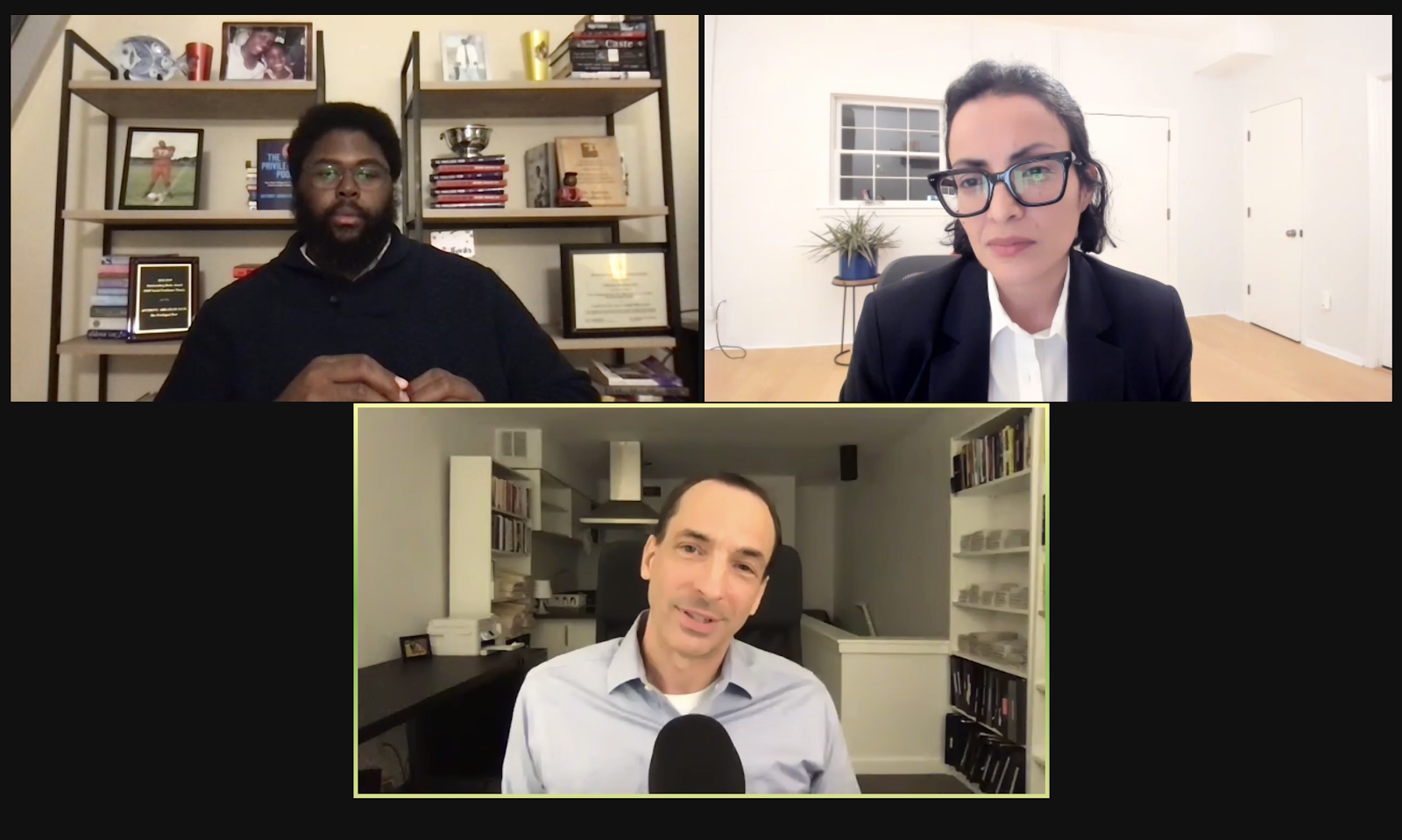Authors and advocates said that universities needed to be more accessible to socioeconomically disadvantaged students in an event hosted by the McCoy Family Center for Ethics in Society on Tuesday.
Drawing from his latest book, “The Years That Matter Most,” author Paul Tough said that although a college degree is a powerful force to reach opportunities, “higher education as a whole is an engine not of social mobility, but of inequality and social closure.” He proposed several solutions meant to make higher education fairer and more democratic.
First, Tough said that rethinking admissions at selective universities needs to be more radical. Most selective institutions accept a disproportionate amount of wealthy students, compared to students with low-income backgrounds, according to Tough.
He added that people need to accept that “these colleges are not going to become socioeconomically diverse,” and they will continue to educate wealthy students. To address this, Tough said that elite institutions should choose a racially and socioeconomically diverse cluster of students whose lives they believe they can most improve.
Additionally, compared to countries in Western Europe and Canada, the U.S. demonstrates a significantly unequal higher education system, according to Tough.
This gap is shown in the scarcity of high-quality, well-funded institutions in the U.S., according to Tough — creating what Tough describes as a cutthroat competition to be accepted into these prestigious universities. Ultimately, this produces a nation with “few very successful billionaires and a much larger population that is disenfranchised and dissatisfied and resentful of higher education,” Tough said, attributing the root of this issue to policy decisions.
Anthony Jack, an assistant professor of education at the Harvard Graduate School of Education and author of “The Privileged Poor,” agreed that colleges are failing disadvantaged students.
Consequently, he said, “poverty and inequality shape the life chances of children and youth.” As a result, lower-income and first-generation students attend schools that have fewer resources, lower graduation rates and fewer opportunities.
Jack added that institutions are “getting new diversity from old sources” by accepting low-income and first-generation students from the same elite prep schools. He referred to these students as the “privileged poor” and said that they appeal to elite universities because they boost a college’s image of diversity.
“We have to understand where students come from and what they have been through not just because of the application essay that we are asking them to write,” Jack said. “We need to care about the inequalities that students have experienced in their route to college and more than just that essay.”
Even after some students are accepted, they continue to face obstacles. They are expected “to navigate this hidden curriculum, the system of unwritten rules and unset expectations is so classed” which significantly impacts lower-income students of color, Jack said.
He added that the COVID-19 pandemic has exacerbated inequality, saying that “no one was exempt from experiencing COVID, but it wasn’t felt evenly.”
Concluding the panel, Jack said that a more equal system of higher education would lead to societal benefits as well.
Universities should be more accessible to “ensure a diverse educated citizenry because only then can we tackle today’s troubles and tomorrow’s challenges,” he said.
Contact Anita Tun at anitatun2005 ‘at’ gmail.com.
